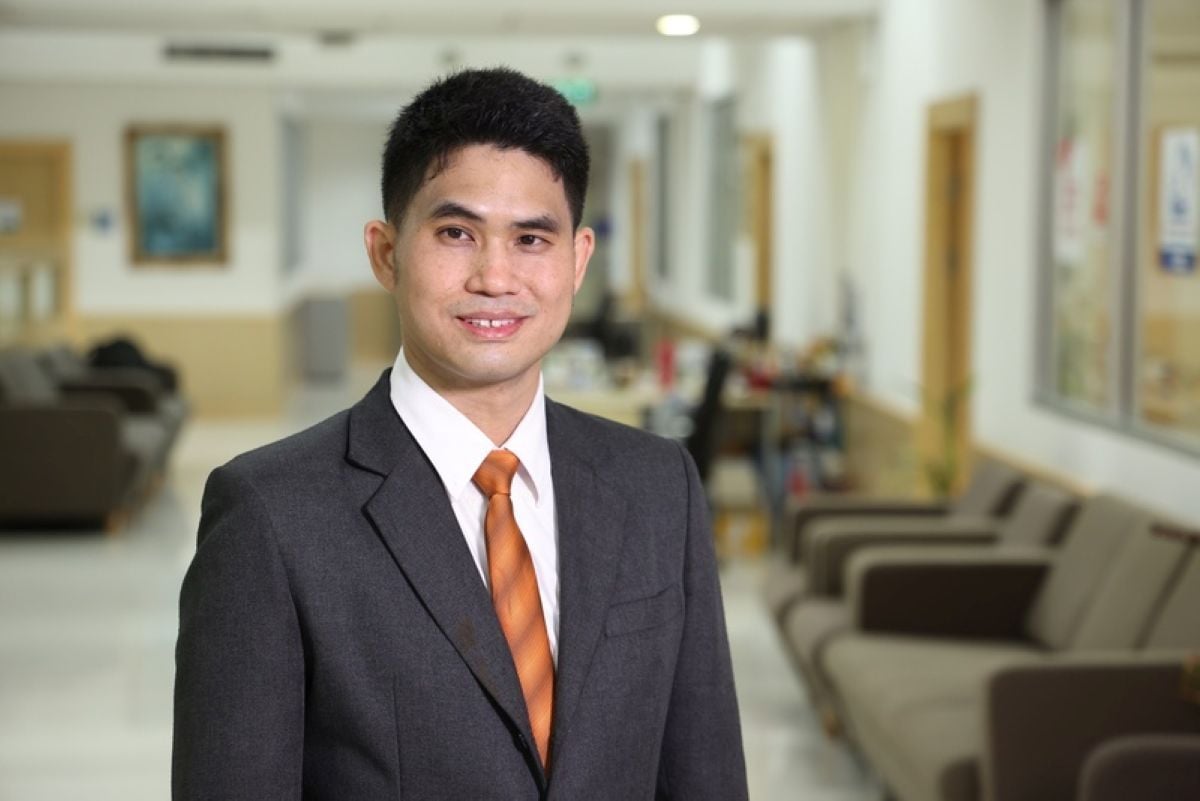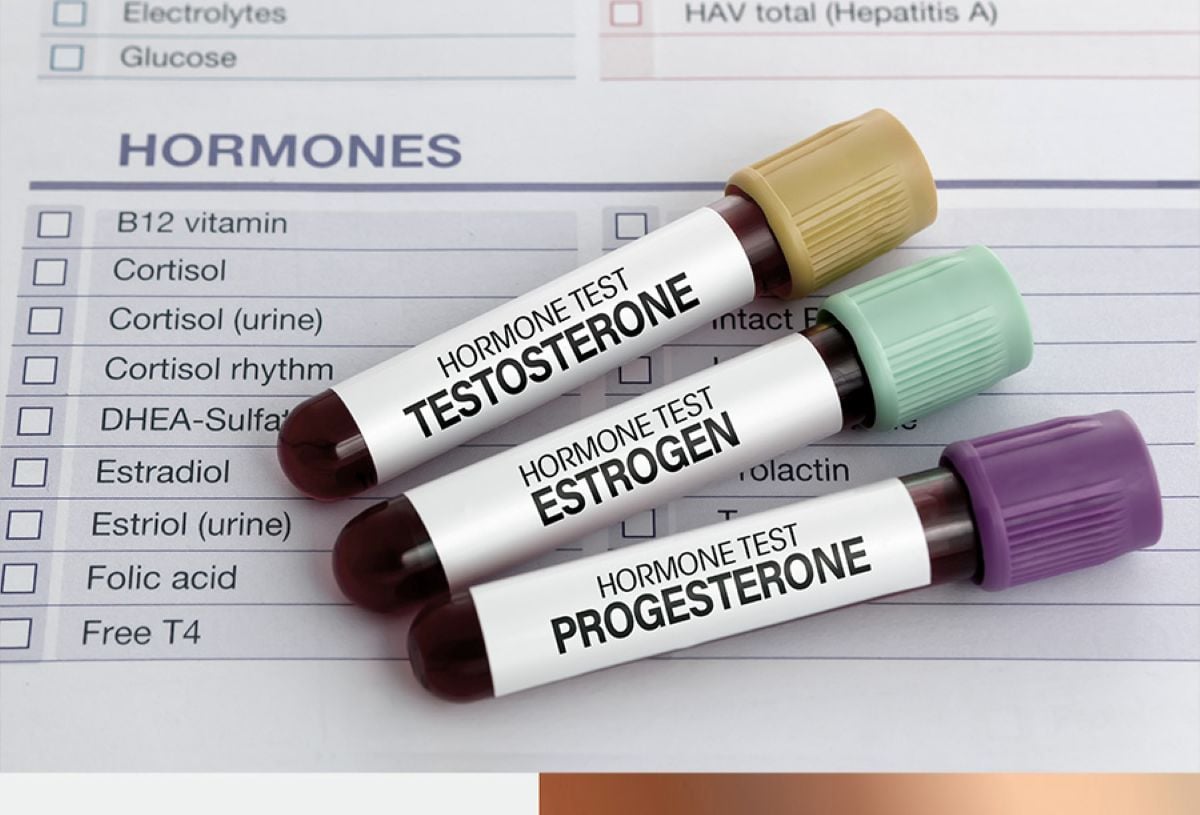

The National Health Security Office (NHSO) has detailed the benefits of hormone services for transgender individuals, covering both pills and injections. Expert medical and psychological consultation is advised. If service demand exceeds expectations, budget increases are planned for the following year.
Nithiwat Saengruang, the Assistant Secretary-General of the NHSO, announced the approval of gender-affirming hormone services benefits by the NHSO board in July. The initiative was spurred by a meeting between transgender activists and the previous prime minister, which evolved into a key policy under the current government.
This policy was developed collaboratively with transgender groups, medical professionals, and the NHSO, backed by thorough research and public consultations.
Nithiwat explained that the hormone service package includes both oral and injectable hormones, tailored to individual needs. For male-to-female transitions, younger individuals might only require hormone blockers, while older individuals may find oral medication sufficient.
This treatment can lead to physical changes such as wider hips, reduced facial hair, and a softer voice. For female-to-male transitions, injections are commonly used, resulting in a deeper voice, facial hair growth, and increased muscle mass.

Those seeking these services must undergo comprehensive consultations with specialists, including doctors, nurses, social workers, and psychologists, at clinics or health service centres. This is to assess genuine gender dysphoria and to understand the benefits and risks of hormone use, such as potential allergies, cardiovascular risks, stroke, or breast cancer, as well as the body’s ability to revert to its original state.
Detailed checks
Detailed health checks will also be conducted to identify any other health or psychological issues that may need addressing.
The NHSO has allocated a budget of 140 million baht to support these benefits, covering costs for blood tests, cholesterol checks, and other examinations at intervals of three months, six months, one year, or two years. Should the number of service users exceed targets, an increased budget will be considered for the following year.
Currently, medication procurement is underway for Bangkok, while existing clinics continue to offer services. The Ministry of Public Health is developing service models for other provinces.
KhaoSod reported that the NHSO intends to commence services in areas where they are already available, particularly in medical schools in major provinces. Telemedicine will also be utilised for consultations and monitoring, particularly for individuals on a stable hormone regimen.
Nithiwat emphasised that this initiative represents positive news and hope for transgender individuals throughout Thailand, with the NHSO set to publish a list of hospitals and clinics offering these services on their website.
The story NHSO expands hormone services for transgender individuals in Thailand as seen on Thaiger News.
